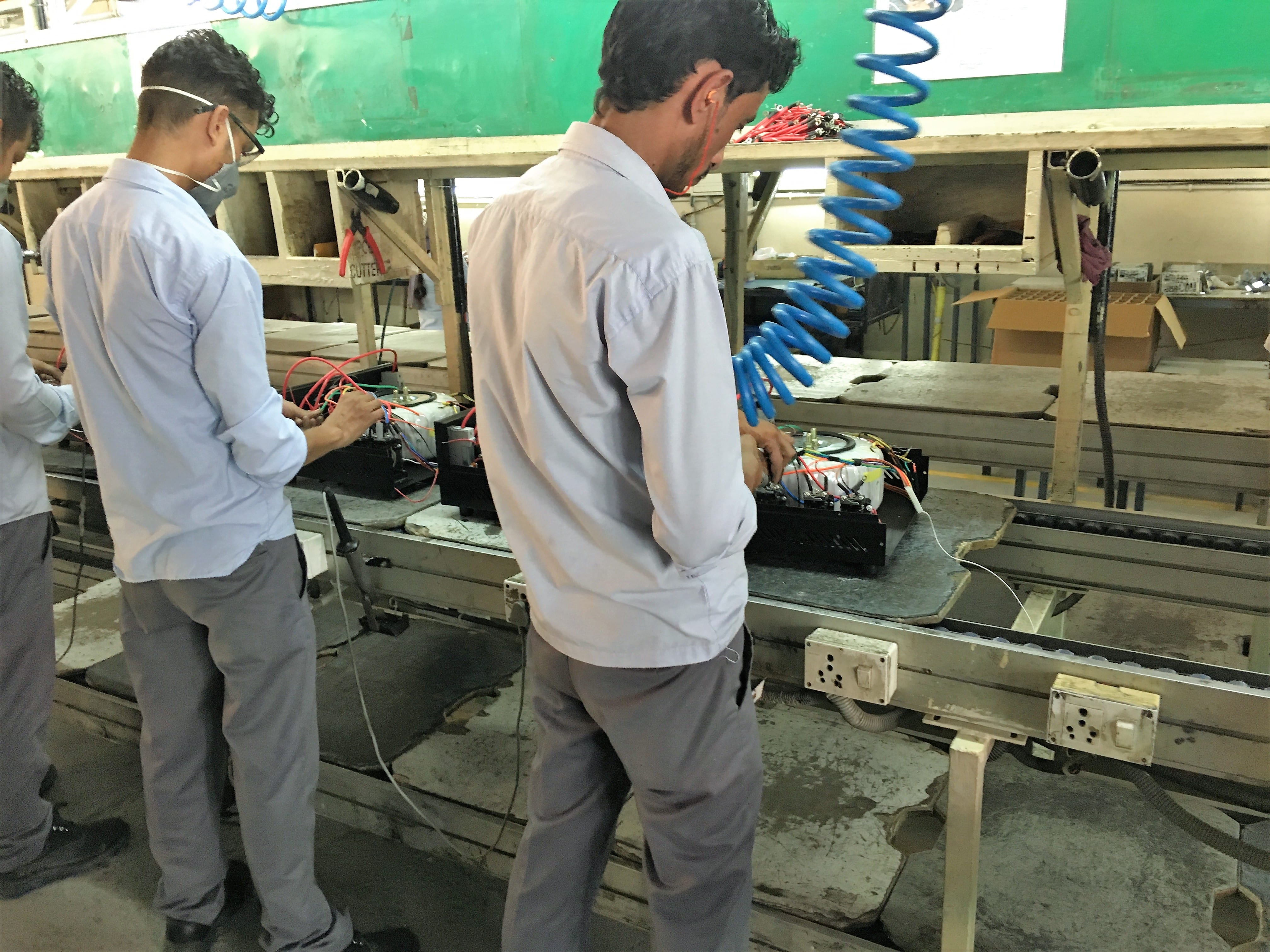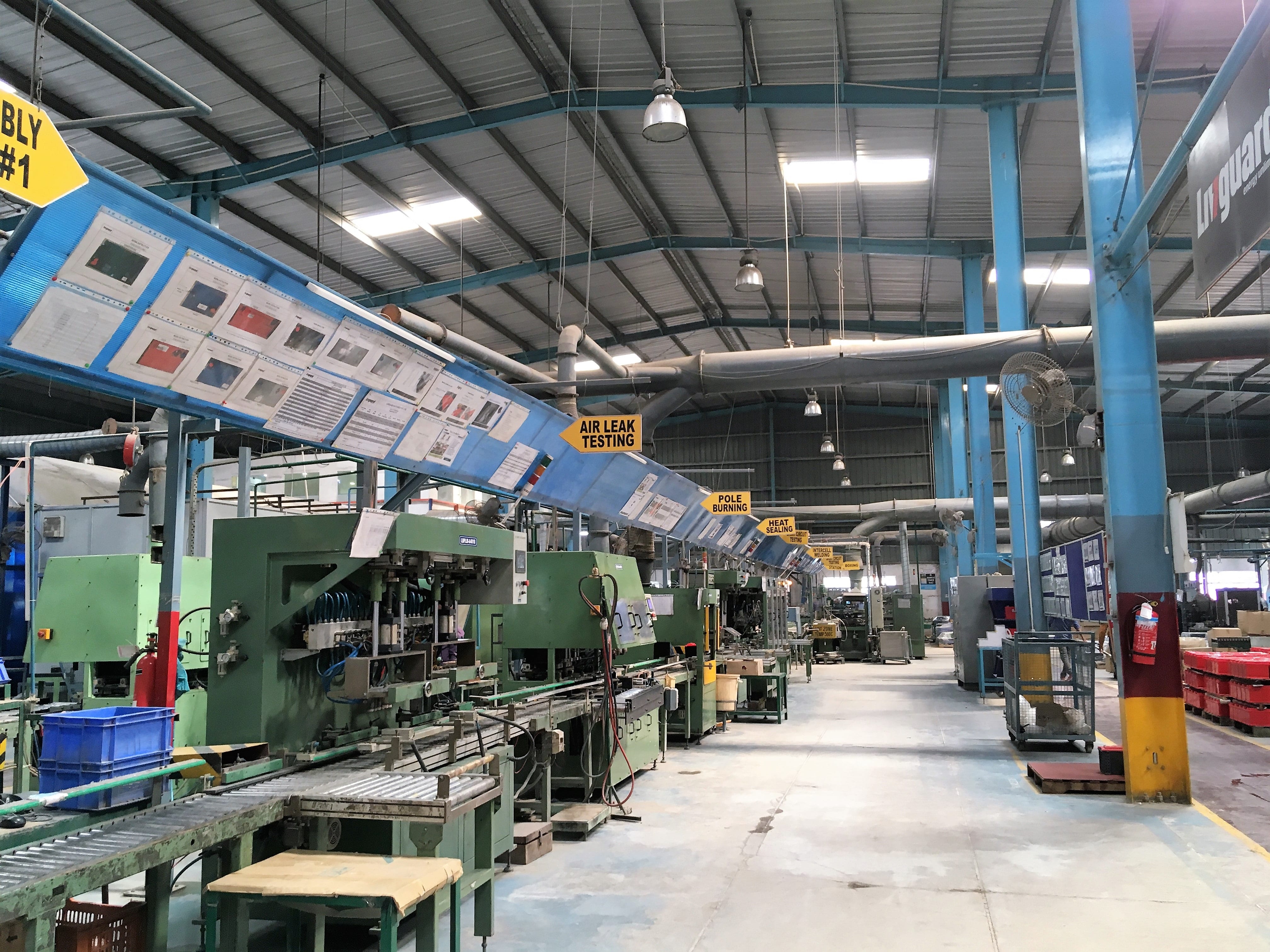
Creative Partnerships for New Impact Models
Unlike most of my INSEAD classmates, I had lived and worked in a single country prior to stepping foot on the snowy Fontainebleau campus in January 2018. That country is South Africa, a vibrant nation with a scarred history. South Africa remains one of the most unequal societies in the world, compounded by an unemployment rate of 26.7% and youth unemployment of 38.2%1. With creeping budget deficits and limited fiscal capacity, solutions to societal challenges need to be led by the private sector.
Before coming to INSEAD, I witnessed the value that SME Investing in emerging markets can offer: measurably through employment and wealth creation, but also in the societal value of creating entrepreneurial role models to inspire future generations. At Awethu Project Capital, an SME Private Equity Fund manager with a strong social purpose, we combined private equity and search fund models to create opportunities for talented individuals to manage, grow and own market-leading SMEs in a unique partnership with blue-chip corporates such as ABInBev.
Seeking to broaden my skill set and geographical exposure, I applied to INSEAD and targeted the January intake to make use of the internship opportunity it presented. Having spent the previous two years in an entrepreneurial environment as an early-stage hire, my goal for the internship was clear: contribute to a specialist SME Investment Fund to learn best practices in a more structured environment or join a Development Finance Institution (“DFI”) to see the industry through the eyes of an impact-oriented funder.
With the assistance of INSEAD’s Career Development Centre, and the financial support of the INSEAD Social Impact Award, I was able to pursue a blend of both.
The CDC Group plc (“CDC”) was founded in 1948 as the United Kingdom’s DFI and is wholly owned by the UK Government. CDC’s mission is to support business growth throughout Africa and South Asia, to create jobs and make a lasting difference to people’s lives in some of the world’s poorest places. CDC is Africa’s largest private equity investor as limited partner (or “LP”) through its Intermediated Equity division, and as of 2012 also invests in predominantly privately-owned SMEs through its Direct Equity arm. In short: CDC invests and mobilizes patient capital into geographies where other funders would often not tread alone.
I joined CDC in their London office within the “Direct Equity – Industrials” division over the summer break. I analysed investment opportunities across India and Bangladesh and led research on the plastic recycling industry in Africa with the support of CDC’s Environmental and Social team. My previous experience and networks in South Africa, a surprising leader in plastic bottle recycling with a recycling rate of 58%2, was useful in exploring the unique industry partnership model that allowed this sector to flourish. The plastic recycling industry in South Africa is estimated to support over 50,000 jobs, mostly in the informal and micro-entrepreneurship sector. Combined with environmental benefits of up to a 79%3 reduction in CO2 emissions relative to virgin PET production and a reduction in a landfill of over 24m2 per ton of recycled PET, the plastic recycling industry offers an excellent combination of social, environmental and financial returns. Indeed, this is a model I hope to see flourish across the world over the coming decades.
While any INSEADer would attest to the value of international perspectives and networks, my experience over the summer highlighted the importance of deep local knowledge and networks in developing countries. This view was bolstered when, during my internship, CDC welcomed debutant country heads for both Pakistan and Myanmar and announced a new coverage strategy for Africa with an increased focus on local presence through regional offices and teams.
My time at CDC cemented my preference for working with, and investing in, SMEs to unleash the positive societal impact that investment in this asset class holds for local communities and economies. Not just for my home country in South Africa, but for emerging markets globally.
Lastly, I witnessed how creative partnerships can reduce uncertainty and enable return-seeking capital to invest in impactful projects. These partnerships can cut across industry value-chains, form between private sector and government, suppliers and corporate procurement arms, regulators and industry bodies, micro-enterprises and financiers and even academic institutions and impact funders. By bringing multiple stakeholders around the same table, much more can be done to sway institutional investors to direct more of the ~US$80 trillion of global assets under management towards investment with positive impact.
With INSEAD taking a stand with its business as a force for good campaign and the recent establishment of the Hoffmann Global Institute for Business and Society, I look forward to seeing and contributing towards many more innovative partnerships, ideas and solutions over the coming years.
- Statistics South Africa http://www.statssa.gov.za/?p=11129
- PETCo Annual Report 2017
- https://www.plasticstoday.com/packaging/use-rpet-drastically-cuts-carbon-footprint/83257784257274







